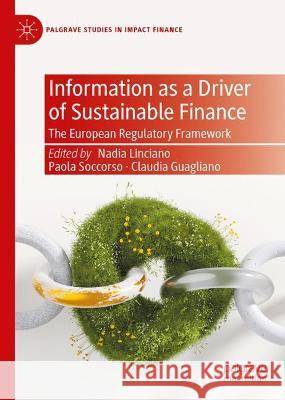Information as a Driver of Sustainable Finance: The European Regulatory Framework » książka
topmenu
Information as a Driver of Sustainable Finance: The European Regulatory Framework
ISBN-13: 9783030937676 / Angielski / Twarda / 2022 / 334 str.
Information as a Driver of Sustainable Finance: The European Regulatory Framework
ISBN-13: 9783030937676 / Angielski / Twarda / 2022 / 334 str.
cena 642,56
(netto: 611,96 VAT: 5%)
Najniższa cena z 30 dni: 616,85
(netto: 611,96 VAT: 5%)
Najniższa cena z 30 dni: 616,85
Termin realizacji zamówienia:
ok. 22 dni roboczych.
ok. 22 dni roboczych.
Darmowa dostawa!
Kategorie:
Kategorie BISAC:
Wydawca:
Springer Nature Switzerland AG
Seria wydawnicza:
Język:
Angielski
ISBN-13:
9783030937676
Rok wydania:
2022
Ilość stron:
334
Wymiary:
21.0 x 14.8
Oprawa:
Twarda
Dodatkowe informacje:
Wydanie ilustrowane











